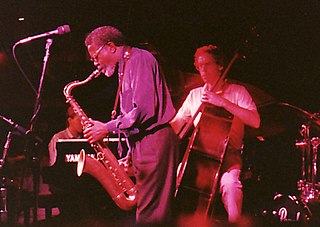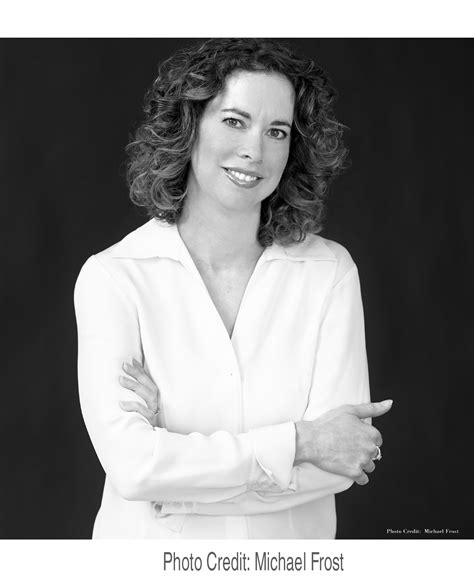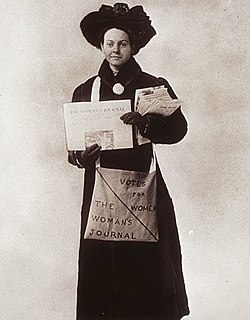A Quote by Pliny the Elder
Most men are afraid of a bad name, but few fear their consciences.
Related Quotes
Ordinary men live in fear all the time. Didn't you know that? We're afraid of the weather, we're afraid of powerful men, we're afraid of the night and the monsters that lurk in the dark, we're afraid of growing old and of dying. Sometimes we're even afraid of living. Ordinary men are afraid almost every minute of their lives.
The more you understand what you're dealing with, the stronger you get. People see fear as a bad thing. Fear is healthy when you're dealing with Amerika. But when fear controls you, when you're afraid to struggle fear is a bad thing. I'm more afraid of what will happen if I don't struggle, than what will happen if I do
We're just afraid, period. Our fear is free-floating. We're afraid this isn't the right relationship or we're afraid it is. We're afraid they won't like us or we're afraid they will. We're afraid of failure or we're afraid of success. We're afraid of dying young or we're afraid of growing old. We're more afraid of life than we are of death.
It is really very important while you are young to live in an environment in which there is no fear. Most of us, as we grow older, become frightened; we are afraid of living, afraid of losing a job, afraid of tradition, afraid of what the neighbours, or what the wife or husband would say, afraid of death.
Others - as most legislators, politicians, lawyers, ministers, and office-holders - serve the state chiefly with their heads; and, as they rarely make any moral distinctions, they are as likely to serve the devil, without intending it, as God. A very few - as heroes, patriots, martyrs, reformers in the great sense, and men - serve the state with their consciences also, and so necessarily resist it for the most part.
You missed the point completely! You're acting..." The word stuck in my throat. He didn't hesitate to say it. "Jealous?" When I nodded, he continued. "Now you're missing the point. It isn't jealousy. It's fear." "Fear?" Not the emotion I expected. "Yes. Fear. I'm afraid you'll be hurt or killed. I'm afraid I won't be able to protect you. I'm afraid I'll lose you to another man.
It is subversive to set up inquisitions like this, state or national, into the thoughts and consciences of Americans. . . . It is subversive for commissions like this to spread hysteria and intimidation throughout the land that Americans are afraid to sign petitions, afraid to read progressive magazines, afraid to make out checks for liberal causes, afraid to join organizations, afraid to speak their mind on public issues. Americans dare not be free citizens! This is the destruction of democracy.
As it can be maintained that all the great advances have come from men under forty, so the history of the world shows that a very large proportion of the evils may be traced to the sexagenarians, nearly all the great mistakes politically and socially, all of the worst poems, most of the bad pictures, a majority of the bad novels and not a few of the bad sermons and speeches.

































